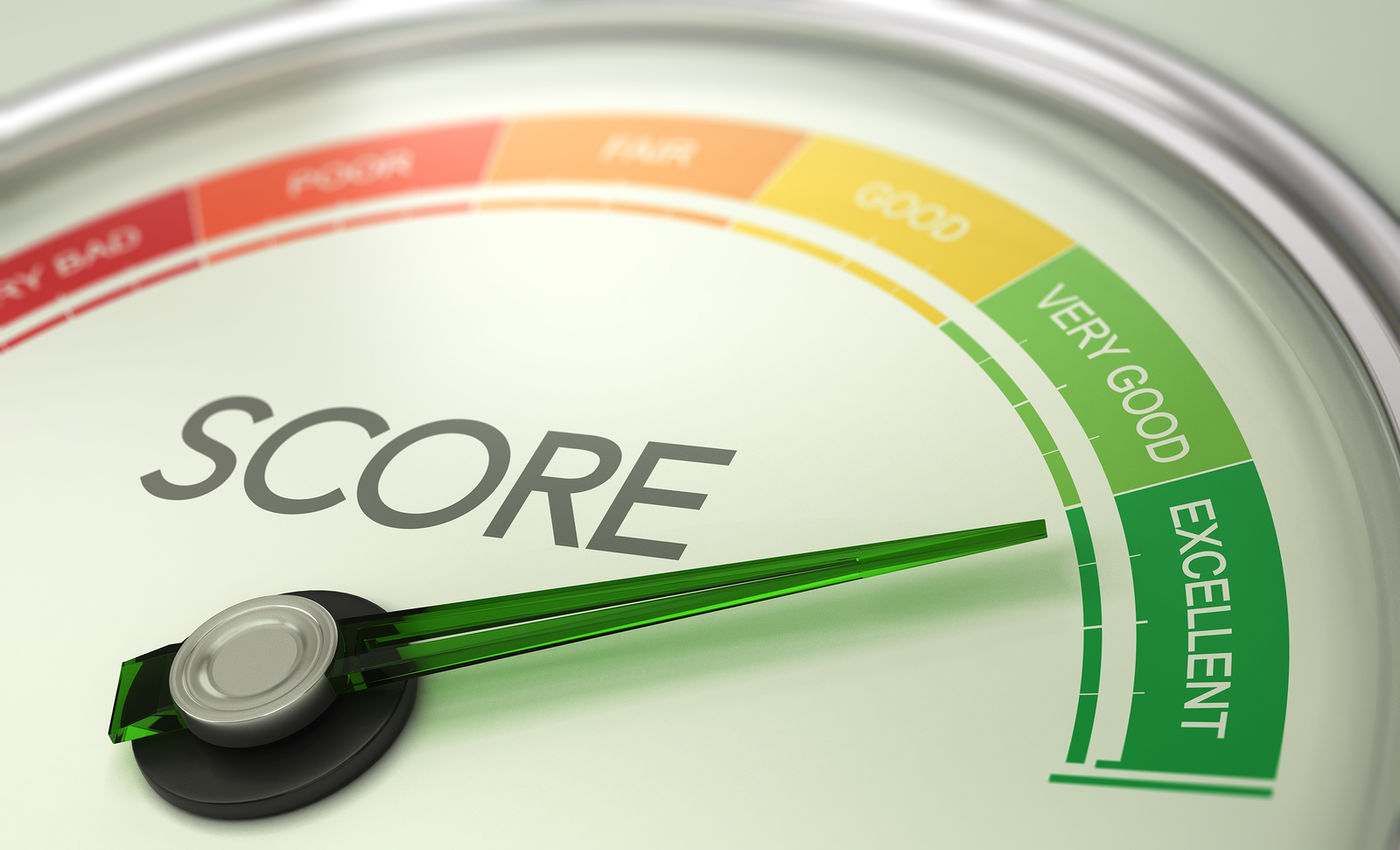There are things you can do to increase your credit score. From paying your bills on time to reducing your debt load, a few moves in the right direction can do wonders for your score and financial situation as a whole.
For many people, their credit score is a mysterious number. Even if they know what it is, there is some confusion about how it’s calculated and the way it impacts their life.
Before we get into the things that don’t affect your credit score, let’s take a look at how it’s calculated:
- 35%: payment history
- 30%: amounts owed
- 15%: length of credit history
- 10%: new credit and recently opened accounts
- 10%: types of credit
As you can see, there is more than one factor that affects your credit score. And just the same, some considerations are more powerful than others.
With that out of the way, let’s talk about a few of the things that don’t affect your credit score.
- Age: It doesn’t matter if you’re 18 or 108, age has no impact on your credit score.
- Race, religion, color, and gender: None of these things come into play when calculating your credit score. In fact, the credit bureaus don’t even have access to this information.
- Marital status: Single or married, it has no bearing on your credit score.
- Where you live: From Maine to Florida, from Texas to California, everyone in the United States is treated the same regardless of location. Where you live may impact your finances in other ways – such as the cost of living – but it has nothing to do with your actual score.
- Interest rates: Consumers with higher credit scores typically qualify for lower interest rates. Conversely, a low score usually leads to a higher rate. However, none of this information impacts your credit score. It’s not found on your report and never used to calculate your score, so don’t assume that higher rates are holding you back.
- Child support or spousal support: While both of these can impact your finances, such as your ability to save money, they don’t have anything to do with your credit score. Even if you miss a payment, it won’t drag down your score. It’s not looked at in the same manner as a credit card or loan.
- Credit counseling: Some people attend credit counseling as a means of better understanding their finances and making more informed decisions. This has no impact, positive or negative, on your credit score.
- Employment inquiries: If a prospective employer pulls your credit report, it won’t affect your score. So, you don’t have to worry about this when deciding on whether to give a company permission to take this action.
Your credit score should be important to you. It can help with things such as buying a home or car, securing a personal loan, and obtaining a credit card.
Knowing what does and doesn’t affect your score can help you make decisions for the better. And with that, you’re in position to achieve a score that you will be proud of.


Related Posts :
Maximizing Your Credit Score with Smart Credit Card UsageDemystifying Credit Scores: A Beginner’s Guide
Understanding the Difference Between Credit Score and Credit Report
Why it’s Important to Regularly Review Your Credit Report
Doing These Things Will Harm Your Credit Score